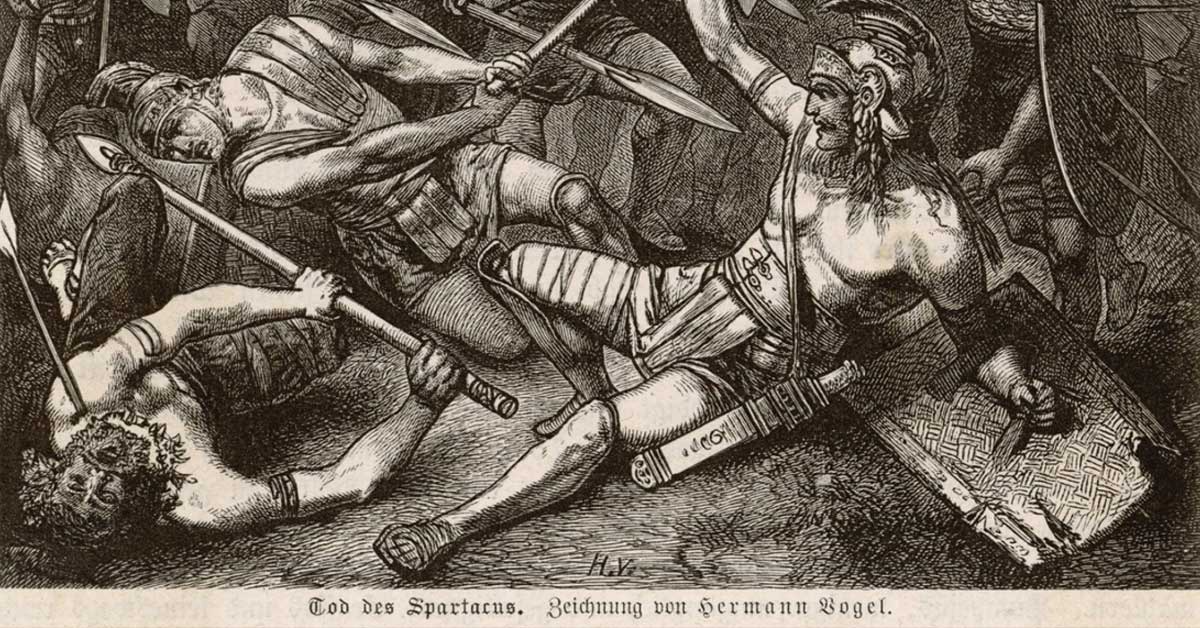The Difference Between Civil War, Revolution, and Rebellion

What is the Difference Between a Civil War, Revolution, and Rebellion?
Civil War, Revolution, and Rebellion all refer to different types of disputes between citizens of a country regarding governmental power or authority. However, the exact way to understand each term is somewhat semantic.[1][2]
Although there is no perfect definition, I submit that they are all types of civil wars (where civil means in a state) and the exact terminology used is both an attempt to describe the type of dispute and otherwise a matter of naming rights.
In other words, all else aside: When the rebels win, it is called a Revolution. When they lose, it is called a Civil War or Rebellion.
Since there is no perfect official definition, let me offer some other theories.
- One could also say that civil war typically involves two factions resorting to force to decide who will govern a country, while a revolution is an attempt to take over a country, and a rebellion an attempt to resist or rebel against oppression (typically by a small group of oppressed people in a country).[3]
- One could also say that when two equal factions like “the North” and “the South” fight for state control it is a civil war. When two unequal factions like the Jacobins and Royals or the Bolsheviks and Tsarists, fight for state control it is a revolution. When unequal factions fight for something other than state control like with Spartacus’ Rebellion AKA the Third Servile War where the slaves fought for their freedom, it is a rebellion.
TIP: Some civil conflicts have aspects of civil war, rebellion, and revolution (like Oliver Cromwell’s revolution/civil war). How one views these civil conflicts is largely a matter of perspective.
The French Revolution: Crash Course World History #29FACT: The great existentialist (who didn’t consider himself an existentialist) Albert Camus wrote a whole book on Rebellion vs. Revolution. Camus’ book “the Rebel” looks at the French Revolution to see how rebellion in political spheres is an advent of the absurdity of life. This theory is similar to Marx’s theory of alienation, and both relate to Kierkegaard’s theories regarding his Concept of Anxiety and the general “end of history” theory (see this pro-western end of history theory for an alternative view). Marx didn’t consider himself a Marxist, Camus didn’t consider himself an existentialist, but both clearly stated the relationship between absurdity, alienation, rebellion, revolution, and specifically the French Revolution (any philosopher worth their salt will always contemplate that revolution and its terrors when discussing these concepts). NOTE: This is a case where something, namely the cycle of oppression and rebellion, really is “Kafkaesque.”
Haitian Revolutions: Crash Course World History #30 Latin American Revolutions: Crash Course World History #31FACT: Civil wars have been fought on every continent on the globe except in unpopulated areas like Antarctica.
Definitions
To understand the differences better, let’s look at definitions for each term.
- Civil War is “a war pertaining to civilians,” as the Roman Civil Wars.
- Revolution implies an overthrow of a government or social order for a new system.
- Rebellion suggests an uprising, or insurrection, and a refusal of obedience or order.
Thus, it could be as simple as rebellions are when the most oppressed rise up, revolutions seek to create a new system, and civil wars are the vying for control of a current system.
Communists, Nationalists, and China’s Revolutions: Crash Course World History #37Justification for the Naming Rights Theory
I submit that, while any of the above theories could be right, and perhaps are right in some instances, a strong case can be made for the importance of naming rights. Here are some examples that help provide a justification for that theory.
- Oliver Cromwell’s Revolution is often called a Civil War. Cromwell won, but the King retook power. However, John Locke’s Glorious Revolution was the first modern liberal revolution.
- The French Revolution is called a revolution, even though it didn’t work out well. The Liberals won as they did in England and America. Russia’s October Revolution, which the socialists won, was similar. Had the aristocrats won in both cases, they would have called it a civil war or rebellion.
- The American Revolution is called a revolution, even though it was in many ways a Civil War with Britain, but the American Civil War is called a civil war because the Union won and held the nation together. If the Confederates won, it would have likely been called the Confederate revolution. Similarly, I’m sure George III would have considered the American Revolution a civil war if he had won.
In all the above cases, the war was between two entities under the same government, technicalities of the Civil War and American Revolution aside. In all these cases the naming rights theory holds up, while the other theories offered don’t. While it is likely that there is no specific metric, thinking about the concept can help us understand the world’s historic civil wars.
TIP: America is a good place to look for the naming rights theory. Shays’ Rebellion, the Whiskey Rebellion, the Slave Rebellions, the Nat Turner Rebellion, Civil War, and the American Revolution all fit this theory.
Who Won the American Revolution?: Crash Course US History #7… Why not the British-American Civil War? The Nat Turner Rebellion… Why not the Nat Turner Revolution? The Civil War, Part I: Crash Course US History #20… Why not the Confederate Rebellion or Revolution?TIP: Another good place to look at Civil Wars are the Roman Civil Wars; they are all called Civil Wars, and there were many of them, mostly between the patrician and plebeian classes.
